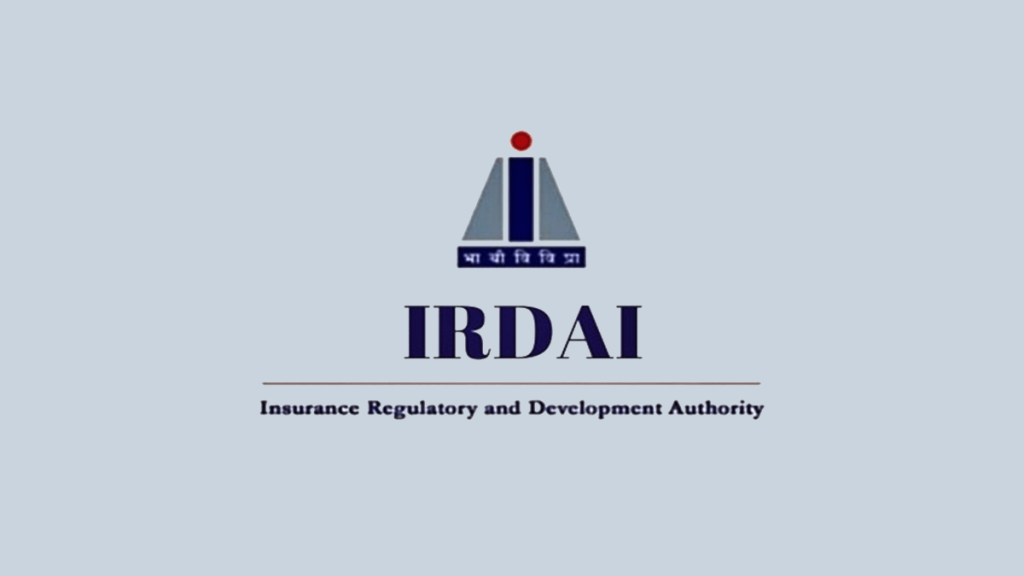IRDAI, through the Bima Sugam India Federation (BSIF), has launched the platform as part of the broader mission of “Insurance for All by 2047.” The move aligns with the government’s Viksit Bharat 2047 vision, seeking to make insurance accessible to every citizen.
The current live phase offers a governance and information gateway detailing objectives, structure, and roadmap. Upcoming features will transform it into a marketplace enabling consumers to purchase and renew policies digitally, lodge service requests, and settle claims instantly.
How the Platform Works
According to BSIF, Bima Sugam will roll out in multiple phases:
- Current Phase (Live): Official portal with governance details and roadmap.
- Next Phase (Upcoming Months): Digital marketplace for policy purchase, renewal, and claims.
- Integration Stage: Real-time connections between insurers, brokers, and intermediaries.
- Technology Backbone: A system built for security, compliance, and scalability to support millions of users.
Prasun Sikdar, MD & CEO of BSIF, emphasized that the platform is an “authentic gateway for both the public and the industry,” adding that integration would empower customers with clarity and strengthen the digital ecosystem.
FutureCrime Summit 2026: Registrations to Open Soon for India’s Biggest Cybercrime Conference
Transformative Potential for Consumers and Industry
For consumers, Bima Sugam could become as seamless as UPI is for digital payments. Once fully functional, users will be able to compare policies in real time, renew coverage instantly, and receive faster claim settlements.
For the insurance industry, the benefits are equally significant: lower operational costs, deeper market penetration, and improved compliance oversight. By consolidating insurers and intermediaries on one platform, the system also promises to reduce mis-selling and increase transparency.
Experts believe that if implemented effectively, Bima Sugam could represent the most transformative step for India’s insurance sector since liberalization—bringing speed, fairness, and universal access into a system often criticized for complexity and opacity.



